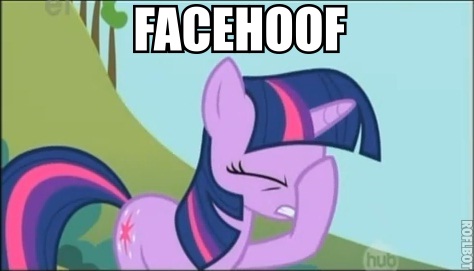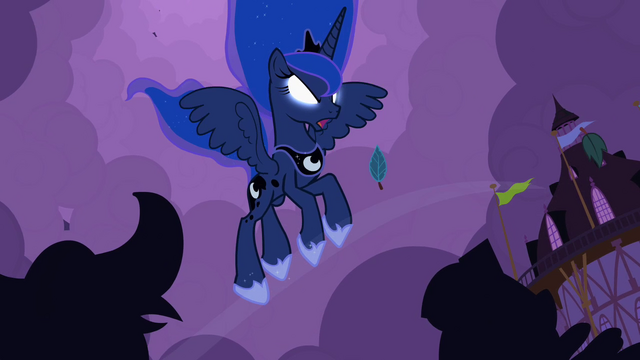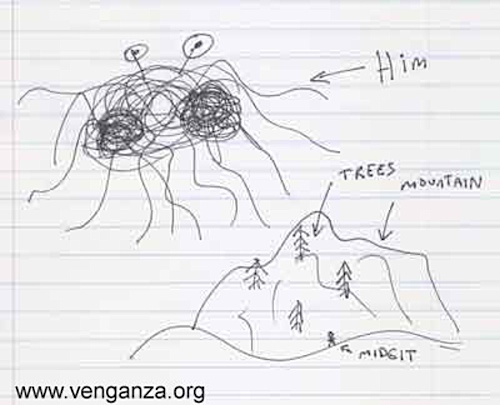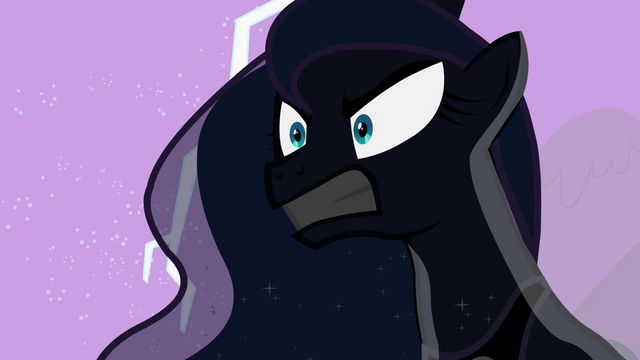Brandon reminds us that today is G.K. Chesterton's birthday
(May 29, 1874 to be exact). In honor of this day, I give you, what else, a quote
from Orthodoxy, thus far my favorite of GKC's many works:
When we are asked why eggs turn to birds or fruits fall in autumn, we must answer exactly as the fairy godmother would answer if Cinderella asked her why mice turned to horses or her clothes fell from her at twelve o'clock. We must answer that it is MAGIC. It is not a "law," for we do not understand its general formula. It is not a necessity, for though we can count on it happening practically, we have no right to say that it must always happen. It is no argument for unalterable law (as Huxley fancied) that we count on the ordinary course of things. We do not count on it; we bet on it. We risk the remote possibility of a miracle as we do that of a poisoned pancake or a world-destroying comet. We leave it out of account, not because it is a miracle, and therefore an impossibility, but because it is a miracle, and therefore an exception. All the terms used in the science books, "law," "necessity," "order," "tendency," and so on, are really unintellectual, because they assume an inner synthesis, which we do not possess. The only words that ever satisfied me as describing Nature are the terms used in the fairy books, "charm," "spell," "enchantment." They express the arbitrariness of the fact and its mystery. A tree grows fruit because it is a MAGIC tree. Water runs downhill because it is bewitched. The sun shines because it is bewitched. (58, Ignatius Press version)
Sounds to me like a rather Humean approach to the "laws of nature." I also recommend this Edward Feser post, which features a similar critique of the modern "billiard-ball" model of causality.









